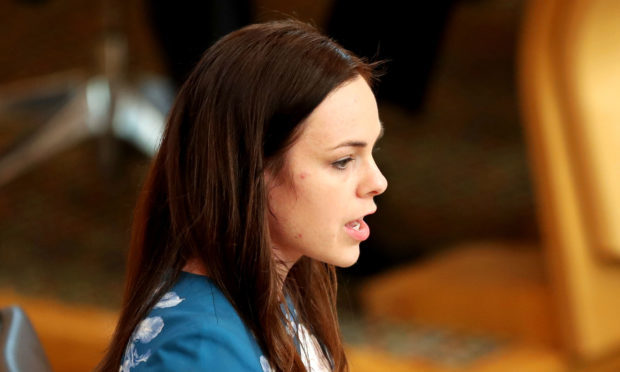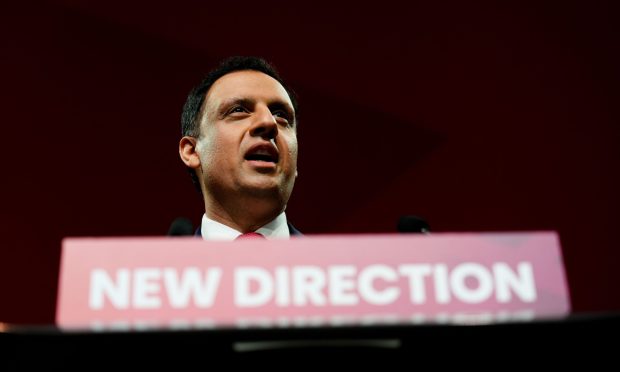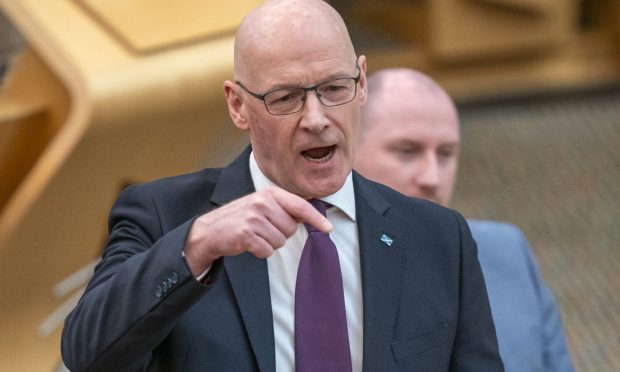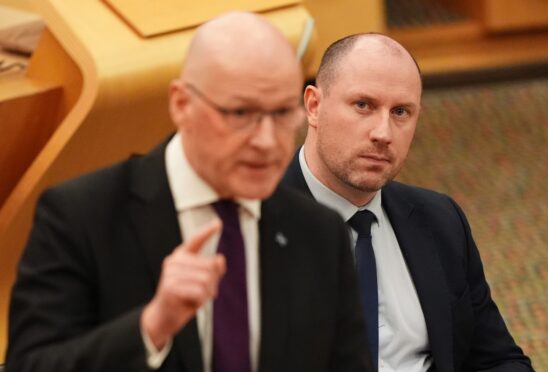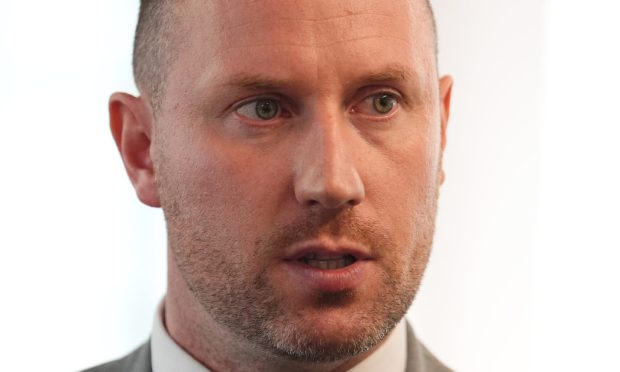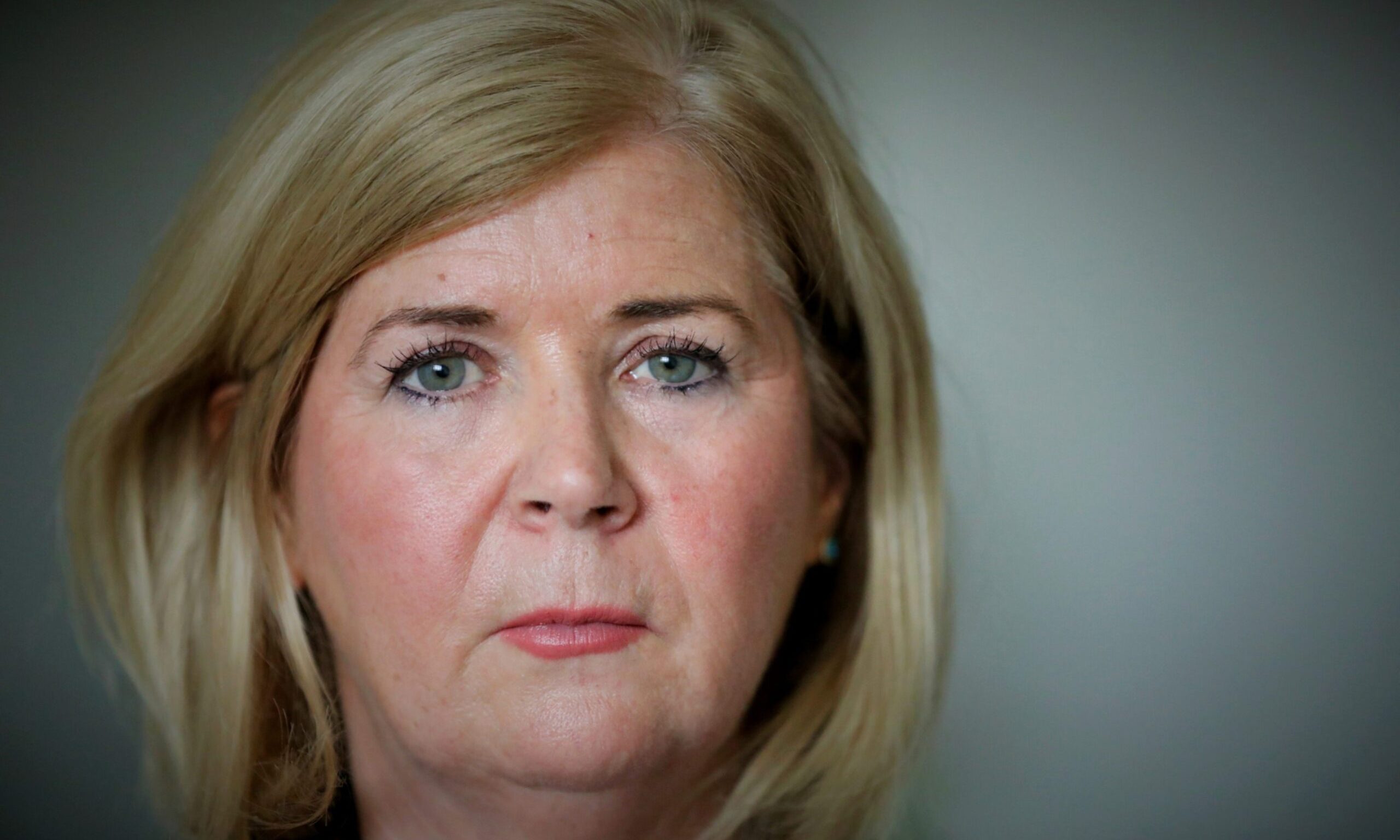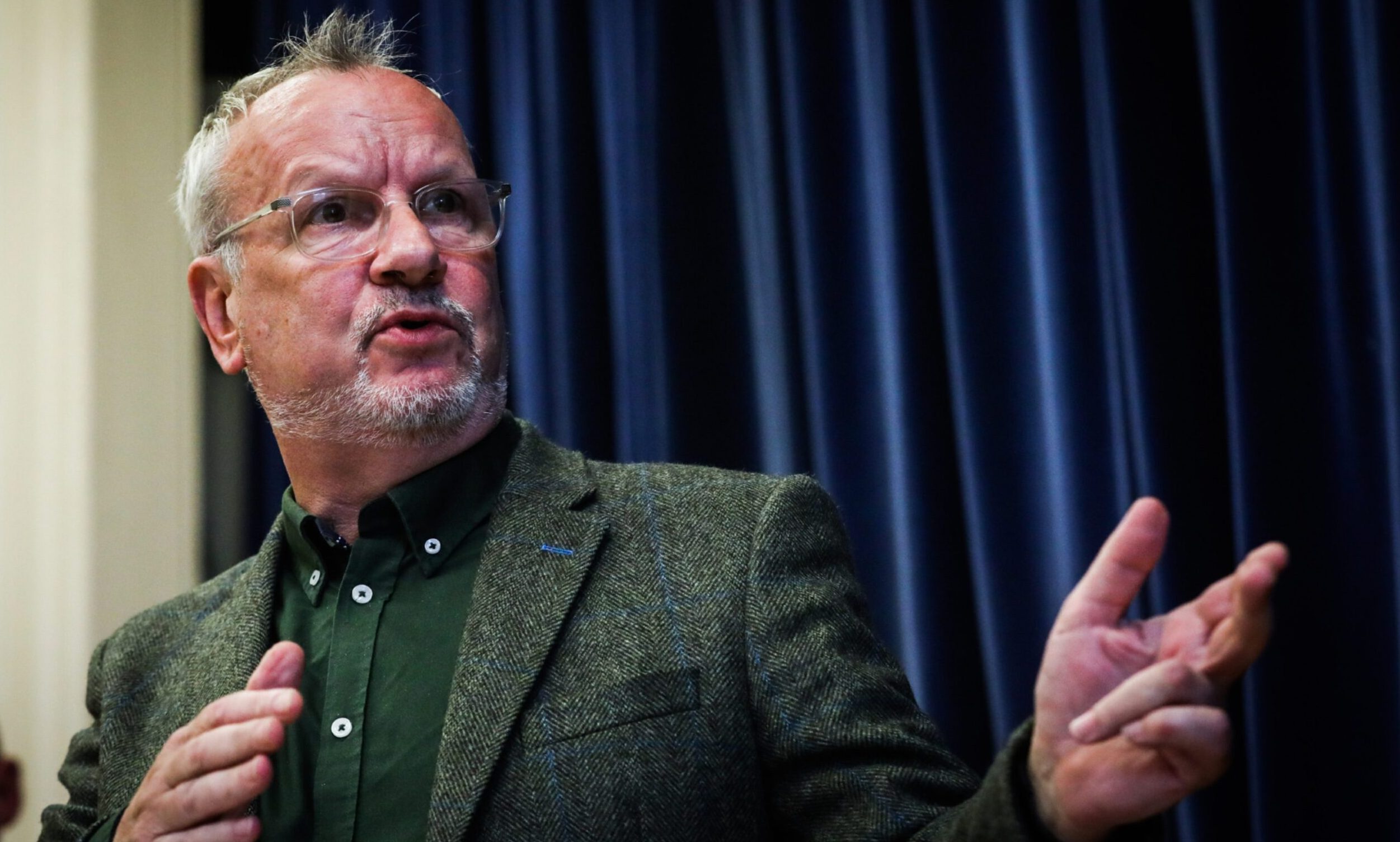SNP minsters faced fresh warnings that the widening of the tax gap between higher earners in Scotland and England risks driving workers away.
MSPs voted to further increase the income tax burden on better-off Scots in relation to their counterparts south of the border on Tuesday.
The Chartered Institute of Taxation, the professional body for tax advisers, said that could lead to those who contribute the majority of Scotland’s income tax take adopting legitimate ways of reducing their bills, at a cost to public revenue.
That includes leaving the country, cutting working hours, increasing pension contributions and the self-employed incorporating their businesses.
Alexander Garden, from the CIT in Scotland, said: “As the tax bills for those paying the higher and top rates of tax increase relative to the rest of the UK, there are concerns that some of those taxpayers – being less than 15% of all Scottish taxpayers, but contributing almost 60% of all devolved income tax revenue – will seek to take steps to legitimately limit their tax liabilities.”
Holyrood voted by 61 to 52 to pass the new income tax levels for 2019-20, with six Greens MSPs abstaining.
The resolution includes a freeze on the higher rate of income tax at 41% for those earning between £43,430 and £150,00 a year.
From April, 99% of Scots will pay less in income tax than they currently do, under the approved Scottish Government system which incorporates Westminster’s decision to increase the level at which workers start paying tax.
However, tax cuts by the UK Government means Scottish resident taxpayers will have even higher bills in comparison to those on the same salaries over the border.
Bill Bowman, the Tory MSP, said making Scotland even less competitive for income tax is part a “decade of SNP mismanagement and incompetence” on the economy.
He added: “Firms across my own areas of Dundee and the wider North East know the frustration of watching this government work all too well, and incidents such as the administration of McGill and the closure of Michelin production are becoming more frequent in response to the SNP’s failings.”
Public Finance Minister Kate Forbes said that the income rates plan would raise £11.5 billion to help boost the economy and provide investment for public services.
Ms Forbes said: “This is our opportunity to show our commitment to fund essential public services, to invest in our economy and to care for those most in need.”
James Kelly, for Scottish Labour, whose flagship tax demand is a 50p top rate, said: “It’s simply unfair that high earners on six-figure salaries will pay less tax while councils face the prospect of having to make workers redundant.”
The Scottish Greens, who have criticised the SNP administration for not raising taxes for better-off Scots, abstained on the vote, which allowed the resolution to pass.
The final vote on the Budget is being held on Thursday.
